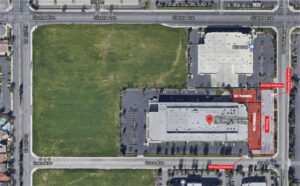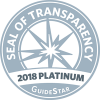Event Phone: (888) 782-4969
-
Critical Incident Management - 240108-EOC-POST-C01
January 8, 2024 - January 12, 2024
8:00 am - 5:00 pm
IMPORTANT INFORMATION: READ BEFORE REGISTERING
Registering for this course does NOT secure your spot in the class! Your registration will not be considered finalized and approved until your payment has been received (we will accept a PO as a verified payment and set your registration as approved).
This training program consists of three parts, and you are REQUIRED to attend each part:
- Virtual Classroom (at your own pace online classroom) – Starts 11/03/2023
- Session-1, 5 days in classroom – 01/08/2024 to 01/12/2024
- Session-2, 4 days in classroom – 02/05/2024 to 02/08/2024
Cancellation Policy:
- Cancellations MUST be made by October 19, 2023, to obtain a full refund.
- Cancellations made Between October 20, 2023, and December 9, 2023, will receive a 50% refund.
- Cancellations made after December 9, 2023, will forfeit their full tuition payment
Important Payment Note:
The recommended payment method is a check. Please choose the “Invoice” feature when checking out and we will send you an invoice through Quickbooks. If you choose to pay by credit card and later cancel your registration, under certain circumstances (each card and method are different) we will have to deduct the transaction fees from your refund. This can vary depending on your credit card, the processing method, and the length of time that passes between your registration and cancellation.
Executive Summary
This course was created to achieve measurable student outcomes utilizing blended learning, classroom facilitation, and scenario-based training for critical incident commanders. Students will demonstrate the ability to apply intuitive sense-making strategies while working in a fast-changing, chaotic environment by using the 5 tenets of Working in The Edge of Chaos ©.
The training begins online prior to the two in-class training sessions. This class is intended for first- and second-line supervisors who will be the first-responding incident commander at the scene of a large-scale, critical incident. When possible, RTC staff select students from the iteration registration list that reflect diversity related to agency size, structure, and regional resources to maximize student contributions and learning. Graduates of this course will have the knowledge and skills to establish and maintain a productive and purposed incident command.
Course Information
Background
This class is for supervisors who will be the first-responding incident commander at the scene of a large-scale, critical incident. It is unique because it focuses on the thinking process of why and how ICS is used within the NIMS framework, claiming that without this understanding, an incident 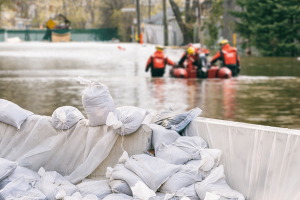 commander will be unable to use ICS in such a way that will allow them to successfully work through the initial, chaotic phase of a critical incident. Based on solidly accepted and broadly-based research, the course begins with introducing the student to such topics as the Cynefin framework (Dr. David Snowden), Sensemaking (Karl E. Weick), Mental Slides (Dr. Arjen Boin), and characteristics of High-Reliability Organizations (Ericksen & Dyer, Cornell University). The most important of these topics is Sensemaking and its embedded working pieces of adaptability, manipulation, and improvisation of all of the following: environment, bad actors, and responding resources at the scene of a large-scale, critical incident.
commander will be unable to use ICS in such a way that will allow them to successfully work through the initial, chaotic phase of a critical incident. Based on solidly accepted and broadly-based research, the course begins with introducing the student to such topics as the Cynefin framework (Dr. David Snowden), Sensemaking (Karl E. Weick), Mental Slides (Dr. Arjen Boin), and characteristics of High-Reliability Organizations (Ericksen & Dyer, Cornell University). The most important of these topics is Sensemaking and its embedded working pieces of adaptability, manipulation, and improvisation of all of the following: environment, bad actors, and responding resources at the scene of a large-scale, critical incident.
While these topics are indisputably founded in academic research, they would have limited usefulness without experienced practitioners to vet the ideas and determine how they actually function in the real world of critical incident response. To that end, a small team of extremely experienced law enforcement ranking officers reviewed this research, found it to be sound in application to the field, and then crafted the second 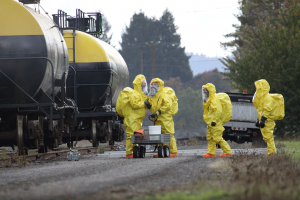 week of instruction that puts to use the concepts learned in the first week solely through the teaching tool of reality-based scenario training. This is the second completely unique aspect of this class. Unlike others that use computer simulators to create a virtual environment, camera footage from previous events, or scripted tabletop exercises, research, again, shows that the benefit of stress inoculation to actual field performance (Lt. Col. Dave Grossman and Amanda Ripley’s work with the US Special Forces) is undeniable. In order to gain this, all senses must be engaged: sight, sound, hearing, smell, and, if possible, taste. This course offers a 32-hour week of intensive reality-based scenario training using role players and the physical environment to create and accomplish just this. In an even more unique aspect, there are no scripts for these events. A live police dispatcher is used over real police radios, just as it would happen in the field, and because of this, each student not only participates in the scenario but creates it as they take action or choose inaction. These scenarios are very student intensive, with each student being placed in the role of incident commander several times throughout the class with instructors closely monitoring their actions, failures and successes. The last day is reserved for the instructors to speak with each student individually and give him/her specific feedback on his/her performance in order to allow them to improve in future critical incidents.
week of instruction that puts to use the concepts learned in the first week solely through the teaching tool of reality-based scenario training. This is the second completely unique aspect of this class. Unlike others that use computer simulators to create a virtual environment, camera footage from previous events, or scripted tabletop exercises, research, again, shows that the benefit of stress inoculation to actual field performance (Lt. Col. Dave Grossman and Amanda Ripley’s work with the US Special Forces) is undeniable. In order to gain this, all senses must be engaged: sight, sound, hearing, smell, and, if possible, taste. This course offers a 32-hour week of intensive reality-based scenario training using role players and the physical environment to create and accomplish just this. In an even more unique aspect, there are no scripts for these events. A live police dispatcher is used over real police radios, just as it would happen in the field, and because of this, each student not only participates in the scenario but creates it as they take action or choose inaction. These scenarios are very student intensive, with each student being placed in the role of incident commander several times throughout the class with instructors closely monitoring their actions, failures and successes. The last day is reserved for the instructors to speak with each student individually and give him/her specific feedback on his/her performance in order to allow them to improve in future critical incidents.
Finally, this course is the beginning of individual cohorts per course session that interact with each other and their instructors in an online, MOODLE environment that works much like the Naval Postgraduate School National Security Studies M.A. program does: students are given pertinent reading and writing assignments on-line three weeks before the class starts; they have additional assignments in between the two-course sessions; and, finally, upon completion of the course, that cohort is admitted to the broader alumni group on-line where experiences, research, and contacts may be shared, thus creating a library of constantly evolving best practices in the field of critical incident response.
 This is a California POST certified class and a nationwide DHS certified class. Past course offerings received reviews from students such as, “This is the best course I have ever attended,”; “This is unlike any training I have ever attended before”; “Every ranking officer in our command staff needs to go through this class”; and “I will be using this information back at my department.” Several students individually emailed instructors immediately following the course to tell them how much they learned from their experience. While that can be typical with a class, the unique event that speaks to the success of this course is that even six months after its conclusion, students are still emailing the instructors to discuss their successes and challenges with applying principles from the class to their work environment and asking for further resources.
This is a California POST certified class and a nationwide DHS certified class. Past course offerings received reviews from students such as, “This is the best course I have ever attended,”; “This is unlike any training I have ever attended before”; “Every ranking officer in our command staff needs to go through this class”; and “I will be using this information back at my department.” Several students individually emailed instructors immediately following the course to tell them how much they learned from their experience. While that can be typical with a class, the unique event that speaks to the success of this course is that even six months after its conclusion, students are still emailing the instructors to discuss their successes and challenges with applying principles from the class to their work environment and asking for further resources.
Venue: The Regional Training Center @ Fountain Valley
Venue Phone: (888) 782-4969
Venue Website: http://www.thertc.org
Address:
Description:
Facility information:
The Regional Training Center
17595 Mt Herrmann St. Fountain Valley, CA 92708
Main Office: (888) 782-4969
The Regional Training Center operates out of a secured facility. Please bring a photo ID with you to your first day of class, as you will be required to undergo a simple background check to comply with I.T.A.R. regulations. Please park in the area indicated below.
Contract Hotels:
Ayres Hotel, Fountain Valley
17550 Brookhurst Street
Fountain Valley, CA 92708
(714) 861-5170
King studio suite – $120 +taxes per night.
Our King Studio Suite features One King Bed and a full-size sofa bed to accommodate extra guests. Guestrooms include a micro kitchen with a mini-refrigerator, microwave, and coffee/tea maker. Amenities include a 42″ flat screen TV, iHome clock/alarm, executive desk with ergonomic chair, and sitting area. Our bathrooms feature a tub/shower combination with separate vanity. Overnight guests enjoy a complimentary cooked-to-order breakfast, internet, and parking.
[Click Here to book your room now]
If you book in person or via the phone, please mention “LARTC”
Sonesta ES Suites
17550 Brookhurst Street
Fountain Valley, CA 92708
(714) 965-8000
Studio king suite – $120 +taxes per night.
This king studio suite provides ample space with one king bed and a full-size sofa bed. The living area features a flat-screen television with premium movie channels and a work desk. The kitchen includes a full-sized refrigerator, stovetop, microwave oven, dishwasher, pots and pans, utensils, plates, and glasses. The hotel provides a complimentary full breakfast, Wi-Fi, and parking for one vehicle. Additional amenities include onsite laundry facilities, a fitness center, a heated pool/spa, a basketball court, and a fire pit with a grill and outdoor dining area.
[Click Here to book your room now]
If you book in person or via the phone, please mention “Rate Code 2THEREGI”
Please do not park in the areas listed on the map (guest parking and the first two rows closest to the facility) as it is reserved for ISC employees…
